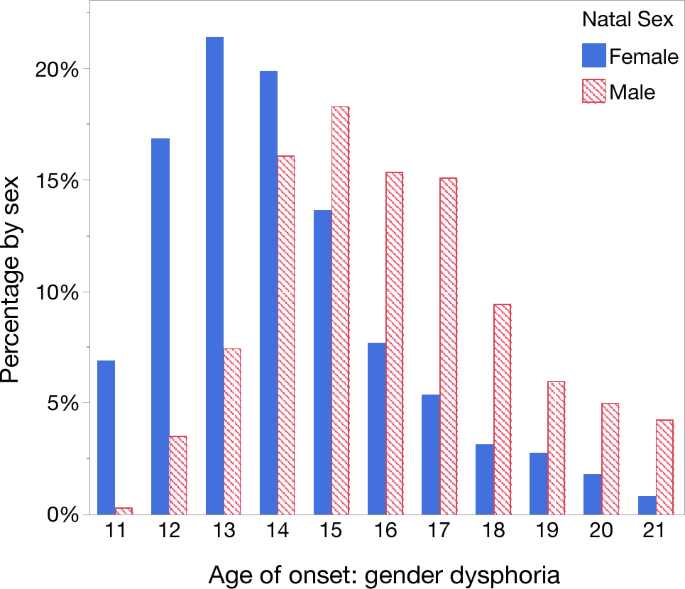
Controversy surrounds the concept of rapid-onset gender dysphoria (ROGD), proposed as a subtype of gender dysphoria and said to be caused by peer influence and social contagion. ROGD has not been recognized by any major professional association as a valid mental health diagnosis, and use of the term has been discouraged by the American Psychological Association, the American Psychiatric Association, the World Professional Association for Transgender Health, and other medical organizations due to a lack of reputable scientific evidence, major methodological issues in existing research, and likelihood to cause harm by stigmatizing gender-affirming care. Lisa Littman, at the time an adjunct assistant professor at the Icahn School of Medicine at Mount Sinai, coined the term rapid-onset gender dysphoria in a 2018 study based on an online survey of parents on three anti-trans websites who believed that their teenage children had suddenly manifested symptoms of gender dysphoria and begun identifying as transgender simultaneously with other children in their peer group. Littman speculated that rapid onset of gender dysphoria could be a "social coping mechanism" for other disorders. In August 2018, Littman (then an assistant professor of the practice at the Brown University School of Public Health) published a descriptive study in PLOS One. Criticism of the study's methodology and conclusions was voiced by some clinicians, researchers, and transgender activists, and two weeks after publication, PLOS One responded by announcing a post-publication review of the paper. On the same day as PLOS One announced its post-publication review, Brown University retracted its press release promoting the study. Controversy surrounding the paper grew as articles and opinion pieces, both critical and supportive, were published in mainstream media discussing concerns about the study's methodology and the validity of its hypotheses, as well as issues of academic freedom. Conservative media outlets heavily publicized the article and criticized Brown recalling its initial press release concerning the paper. In March 2019, the journal concluded its review and republished Littman's revised and corrected version. In 2022, Littman stood by the core claims she made in her study, adding that ROGD "does not apply to all cases of gender dysphoria" and "doesn't imply that nobody benefits from transition". ROGD has been criticized as "anti-trans propaganda and bad science". Medical and other journals have published results of individual research studies that did not support claims that ROGD is identifiable as a distinct phenomenon, or that the onset of transgender identity among young people is influenced by social contacts online or in their real lives. Other critiques called it "methodologically flawed", said that it represented a "moral panic", or questioned whether self-reported transgender identity was, in fact, increasing.[citation needed] In 2021, the American Psychological Association and the American Psychiatric Association cosigned a statement with 120 other medical organizations in the evidence-based Coalition for the Advancement & Application of Psychological Science, calling for ROGD and other "anti-trans theories" not to be used in diagnostic or clinical settings, due to their lack of reputable scientific evidence. The statement also criticized the proliferation of misinformation supporting the concept of ROGD targeted at parents and clinicians and the concept's use to justify laws limiting the rights of transgender youth in the United States. From Wikipedia
